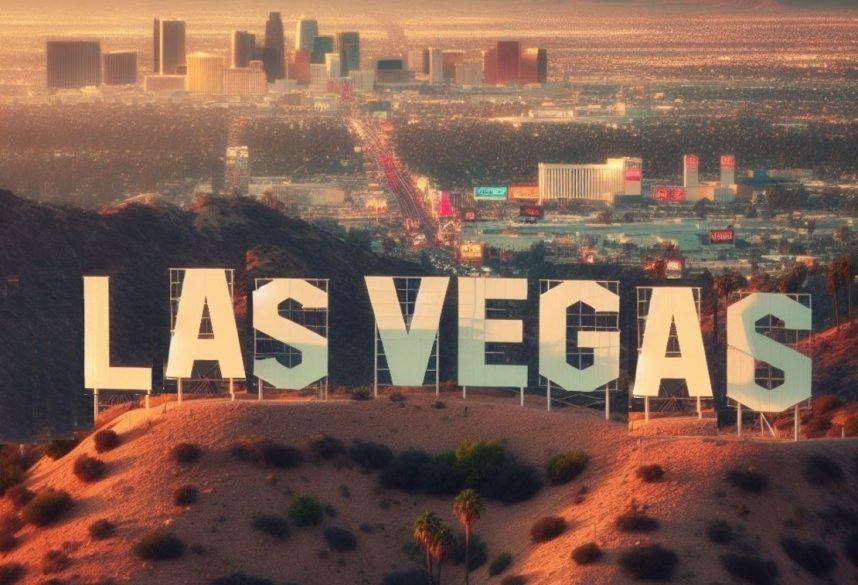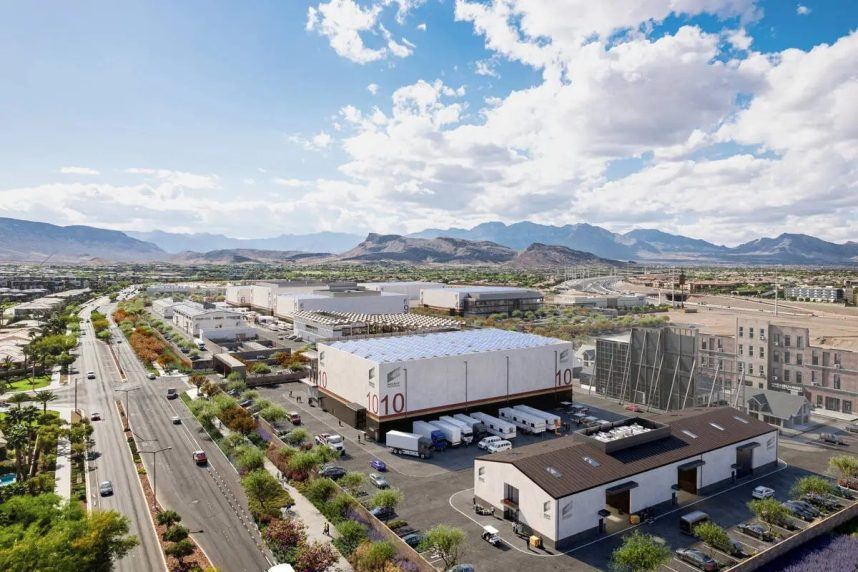Failed Bill to Bring Movie Studios to Vegas Could be Resurrected in Special Session
Posted on: October 7, 2025, 12:56h.
Last updated on: October 7, 2025, 01:12h.
- The Nevada legislature will reconvene in a special session sometime in the next couple of months
- Lawmakers are expected to reconsider bills authorizing film and tax credits that could lead to the creation of a Las Vegas-based film studio
- Previous efforts to pass the legislation failed in this year’s regular session
Nevada Governor Joe Lombardo (R) announced on Monday that he will reconvene the Nevada State Legislature for a special session. That means there’s a good chance of lawmakers revisiting a film tax credit bill that passed the State Assembly in late May but failed to get a Senate vote before time expired in this year’s regular session.

Assembly Bill 238 (AB 238), the Nevada Studio Infrastructure Jobs and Workforce Training Act, proposed providing approximately $1.4 billion in transferable tax credits over 15 years to build a 31-acre movie studio in the Las Vegas suburb of Summerlin. Summerlin Studios has the backing of Sony Pictures Entertainment, Warner Bros. Discovery, and landowner Howard Hughes Holdings, which controls the proposed site near Flamingo Road and South Town Center Drive.
The bill, sponsored by Assemblywomen Sandra Jauregui (D‑Las Vegas) and Daniele Monroe‑Moreno (D‑North Las Vegas), passed the Assembly 22–20 on May 30, 2025. It never received a Senate vote before the session ended — after Sen. Roberta Lange (D‑Las Vegas) introduced an amendment to convert the measure into a broader industry study.
Several trade unions announced Tuesday the formation of a coalition, Nevada Jobs Now, to advocate for the project. The group projects the development would generate more than 19K construction jobs and 17K permanent jobs, and deliver more than $3 billion in annual economic impact to the Las Vegas economy. They also cite an average salary of $113K for direct studio roles — figures that come from project backers rather than independent state analysis.

By contrast, two studies commissioned by the Governor’s Office of Economic Development raised doubts about the proposal’s fiscal impact. One report estimated Nevada would receive only 52 cents in tax revenue for every dollar spent on the credits, questioning assumptions about “screen tourism” and the extent of out‑of‑state hiring.
Meanwhile, the Senate had advanced its own competing measure, SB 220, the Nevada Film Infrastructure, Workforce Development, Education and Economic Diversification Act. Sponsored by Sen. Lange, it proposed a separate 34‑acre studio at UNLV’s Harry Reid Research and Technology Park in partnership with Birtcher Nevada Development. Unlike AB 238, the UNLV project doesn’t involve major Hollywood studios.
SB 220 never made it out of the Senate Finance Committee before the session ended. Lange has advocated merging elements of AB 238 and SB 220 into a unified package for the special session, allocating approximately $60 million each to the projects.
Special sessions have become more frequent since a 1999 voter-approved measure imposed a strict 120-day limit on legislative sessions. Since 2001, 20 have been called, including multiday marathons such as a 28-day 2003 tax dispute and more recent sessions for COVID-19 (2020–2021) and stadium incentives (2016–2017).
Gov. Lombardo didn’t say when he would convene the special session any more specifically than “at some point over the next few months.”
Nevada’s next regular legislative session starts on Feb. 1, 2027.
No comments yet